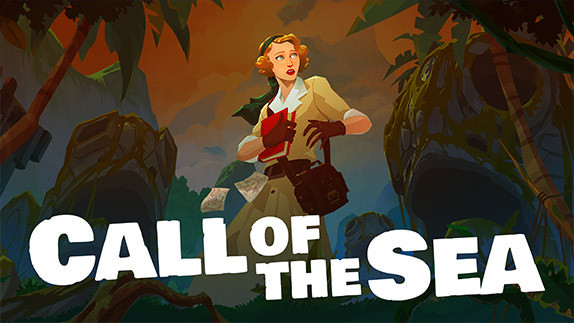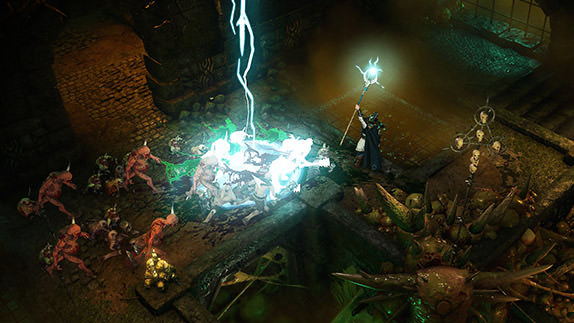The Wolf Among Us Episode 1: Faith Review

 By Kevin Mitchell | Posted: October 29, 2013
By Kevin Mitchell | Posted: October 29, 2013
Telltale had a sure-fire hit on their hands with 2012's unanimous Game of the Year, The Walking Dead. With Back to the Future, we were introduced to a title that focused on narrative and puzzle elements but was light on action. Following up on their success, Telltale released the action-packed, but disappointing Jurassic Park: The Game. In The Walking Dead, Telltale married a strong narrative with heavy quick-time event oriented action sequences, resulting in an emotional roller coaster.
Based on the comic book series Fables, The Wolf Among Us tells the story of fairy tale characters that fled the magical world and settled in the mundane world. Keeping themselves detached from the rest of Manhattan, fables must conceal their true form by purchasing glamour enchantments or risk being sent to the rural community called "The Farm." It's a grim and dark interpretation of classic fairy tales, and Telltale never releases its grip throughout the entire episode.
As sheriff Bigby, better known as the Big Bad Wolf, it is your duty to keep the community hidden from the world, keeping some of the more dangerous Fables in check. Considering who he was, most of the town fears him. Unable to prove he is no longer "big and bad" as no one is willing to give him a chance to redeem himself; then again, he did try to eat some of them. When a fellow Fable is found brutally murdered, you set off to uncover the Fable responsible with the help of Snow White and other well-known fairy tale characters.
As the narrative unfolds, you are introduced to more Fables, some with eccentric personalities, such as the power-hungry Ichabod Crane, the unhappy couple of Beauty and The Beast, the Three Little Pigs who are still bitter about their house, among others. Each of the Fables has a harsh outlook on life, especially the Woodsman who is nothing more than the town drunk and bigot. Make no mistake; The Wolf Among Us is not a happy tale. As it was in The Walking Dead, your dialogue and action choices will affect how others perceive and interact with you. Telltale has taken it a step further by having choices that will have a bigger outcome in the narrative. No matter what decision you make, you must live with the consequences of your actions.
The action sequences have been improved, allowing for multiple choices instead of a single possibility. Reactions must be quick but feel more forgiving than before. Outside of the action sequences, you are given more reason to interact with the environment. Investigating a possible crime scene, I was able to catch Mr. Toad in a lie about what really happened, which opened up additional dialogue choices.
Unlike my reviews of The Walking Dead episodes, I play-tested The Wolf Among Us on the PC. The console iterations suffer from slight stuttering at the onset of action sequences that distract from the experience, which are not apparent in the PC version of the game.
Simply Put
Unfamiliar with the original comic book series, I was initially worried I would be lost when it came to the game, even if it is considered a prequel. Keeping me guessing throughout, the unpredictable nature of the narrative had me on the edge of my seat. If I have learned anything from playing through Faith, nothing is what it seems.
Note: The Wolf Among Us Episode 1: Faith was reviewed on PC. A digital copy of the game was provided by the publisher/developer.




